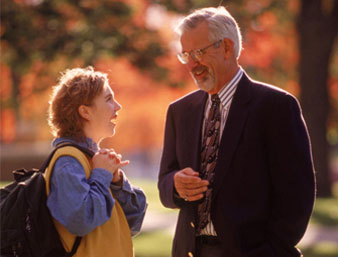
A Letter to the Readers
Tsyrlina-Spady, Tatyana
[about]
If you have been reading our journal and following its progress, then many of you would say just one word, finally. And it would be right. You know, why? – This current online publication is devoted exclusively to higher education, its place and role in the modern world. Clearly, the journal could add just one tiny bit to the ocean of research materials, collective and individual books on the topic. So our doubts were whether, in principle, we should or should not start talking about it. And we made our choice that would allow you to read many interesting materials prepared by different authors throughout Russia, United States, and Australia. Even the section on history of education will introduce you to the works of the Russian educator Pyotr Kapterev, a founder of teachers’ training institutions in Russia (traditionally represented by our regular contributor Professor Boguslavsky). In other words, we hope that at least some papers will make you think and maybe even reconsider your attitude and understanding of higher education problems today.
A couple of articles bear a more generalized character and raise a number of ideological and methodological issues of higher education. They demand attention to the development of new fundamental approaches and reevaluation of many old notions and ideas (Tatyana Romm; Mikhail Romm a.o). There are other papers that demonstrate how to draw new knowledge from the ‘old depositories’ of such world humanists as Leo Tolstoy and John Dewey (William Roden), and Janusz Korczak (Nina Lipkina); still other works bring us back to the notion of baccalaureate and show how the introduction of a two-tier system of higher education has affected Russian professional university training in general, and future teachers’ training in particular (Ekaterina Alexandrova, Sergey Polyakov). Two academics from the United States (Melinda Pierson and Cynthia Gautreau) reflect on the changing socio-cultural conditions in the country and the necessity to translate these changes into university instruction and environment.





